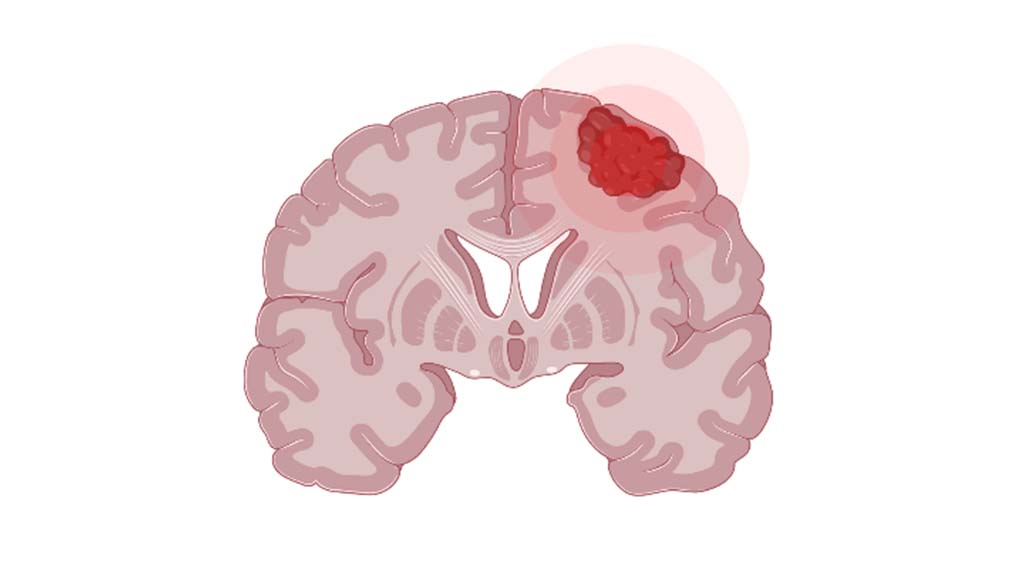GLOW Study Ends – But WGS Remains Valuable for Glioblastoma Patients

As of October 1, 2025, the GLOW study will officially come to an end. Interim analysis has shown growing enthusiasm among medical specialists for using comprehensive molecular diagnostics in this patient group. Despite identifying potential targets for personalized treatment through Whole Genome Sequencing (WGS), only a few patients actually started such targeted therapies. As a result, the primary aim of the study – demonstrating an improvement in survival – is no longer attainable.
GLOW Results
The interim analysis of the GLOW study (based on 160 patients) demonstrated that Whole Genome Sequencing (WGS) is feasible in 80% of patients, and potential treatment targets were identified in 32% of cases. However, only a few patients eventually started targeted therapy. The main reasons for not initiating targeted (clinical trial) treatments were the absence of an open study or cohort for the specific target at the time, or the treating physician deemed the target not actionable.
What Does This Mean for Glioblastoma Patients?
The conclusion of the GLOW study does not mean the end of access to Whole Genome Sequencing (WGS) for glioblastoma patients. In fact, as of June 24, 2025, WGS has been included in the basic healthcare package by the Dutch National Health Care Institute (Zorginstituut Nederland) – including for the detection of NTRK fusions in second-line treatment.
We encourage healthcare professionals to actively raise this within their hospitals and in discussions with health insurers. The existing Service Agreement (Dienstverleningsovereenkomst, DVO) under which GLOW operated can generally continue to be used. For questions regarding logistics or billing, please contact Desiree van der Kleij at the Hartwig Medical Foundation.
Next Steps: Targeted Therapy & PePPer Study
There is strong interest in using WGS for patients with recurrent glioblastoma, and treatable cancer types are regularly identified. To further improve access to targeted therapies, the nationwide PePPer study has recently been approved. More information on this will follow soon.
Summary
Although the GLOW study is ending, it has provided valuable insights. WGS remains available as part of standard care for patients with primary brain tumors. With the launch of the PePPer study, we are taking the next step together toward better access to personalized treatments.


All news
Also read

New CPoC grant awarded: GLOW – GLioblastoma targeted treatment Option maximisation by WGS
Oncode Institute has announced that the 13th grant within the Clinical Proof of Concept programme has been awarded. Oncode Investigator …

The starting point – always the patient
Frank van Wijck, science journalist Ele Visser is handing over his position as chairman of Hartwig Medical Foundation’s Data Access Board …

Arno de Quaasteniet new member of the board of Hartwig Medical Foundation
Hartwig Medical Foundation is pleased to announce that as of October 1, 2024, Arno de Quaasteniet (1977) has been appointed …

WGS is a helpful addition to our toolbox, alongside the classic HE, IHC and the (broad) NGS panels and should ideally be available in every regional oncology network